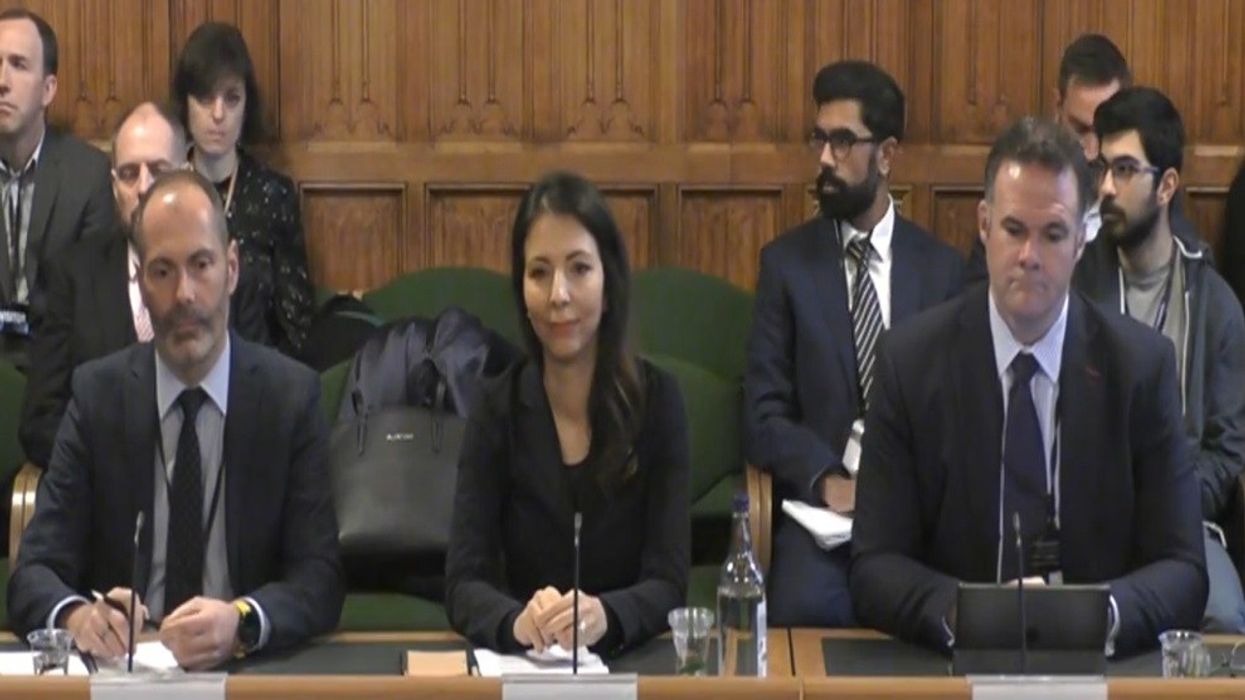Community pharmacies could easily take on about 42 million GP appointments a year, but the sector is underfunded
The Health and Social Care Select Committee (HSCC) on Tuesday held the first session in their pharmacy inquiry, with a panel of experts discussing the key issues facing community pharmacies in the country.
Representatives from community pharmacy associations highlighted some of their biggest challenges and their vision for the future, as well as actions that government and NHS England can take to address those challenges for a better future for the sector.
Opening the session, the Committee’s vice-chair, Rachel Maskell MP, asked the representatives if they felt the government was ambitious enough in what it believes community pharmacy can do to address NHS pressures, or are pharmacists being held back by issues around workforce funding, contracting, and technological changes.
Malcolm Harrison, Chief Executive, Company Chemists' Association (CCA), expressed that the government is not ambitious enough, saying “there's always opportunity to be more ambitious”.
While the recent announcement of additional funding to allow community pharmacies to do more to help in primary care is “really exciting”, Malcolm said that there is more that pharmacies can do.
Malcolm informed that Committee that community pharmacies could easily take on about 42 million GP appointments a year, as shown by their research in 2022, whereas the current plan allows pharmacists to take on about 10 to 12 million GP appointments a year.
“So, there's a huge upside still to go in terms of what community pharmacies can do,” he said.
The real challenge facing the pharmacy sector, according to Malcolm, is that whilst there's new money available to deliver new workload, 80 to 85 per cent of work that community pharmacies currently do is “chronically underfunded.”
“And there is a risk that the ability to deliver for the future will be impacted by the ability to deliver this day,” he noted.
On behalf of CCA, Malcolm urged the government to be “realistic and more ambitious” with what it wants community pharmacies to do in terms of the supply function and their core function so that they have “a solid foundation to build upon for the future.”
Funding shortage forcing pharmacies to shut doors
Dr Leyla Hannbeck, Chief Executive, Association of Independent Multiple Pharmacies (AIMp), also agreed that there was “much more room” for the government to be more ambitious.
She highlighted that pharmacy sector is currently short of £1.2 billion in core funding, with data highlighting this presented to the Treasury earlier this year.
Due to this funding shortfall, many community pharmacists are “struggling to keep their heads above the water” and many are “shutting the doors for good.”
Dr Leyla said: “They are suffering because of the fact that many of them are heavily in debt and they have to tapped into their pensions and personal funds to be able to pay the higher rents that have been rising with inflation, higher costs for energy and everything else.”
She believes that if community pharmacy is supported and funded appropriately, it can be a “solution.”
“We've already demonstrated that during the pandemic, we kept our doors open, and we kept going supporting the public. And that could happen very well. But we've got to have that support and our funding to be able to operate,” she added.
The ambition is great, but the challenges are greater
Jay Badenhorst, Vice Chair, National Pharmacy Association, informed that the Committee that single independently-owned pharmacies face “probably just exactly the same” challenges as the larger ones.
He thinks the ambition for pharmacy is great, but “the challenges are greater at the moment.”
“And I think that's demonstrated by the attrition that we're seeing in pharmacy numbers, many pharmacy groups, many independently owned pharmacies are going up for sale, because there's just no way for them to further operate,” he added.
Underscoring the poor funding issue, Jay said that their negotiating committee, Community Pharmacy England (CPE), “needs to do their job in order to negotiate the funding associated with our core function.”
However, he mentioned that the 645-million-pound funding that's been announced recently is “definitely a step in the right direction” because that will address “the need going into the winter.”
Further, Jay pointed out that pharmacies are “incredibly stretched” at the moment as they face a massive issue with the workforce “due to various things that is impacting us.”
“In the past, we were able to accommodate some of the increases like the living wage increases. But with our core funding being flat, we can't keep on taking the cost into the pharmacies, because there's just no additional funding coming our way for the existing core services that we are doing,” he stated.
He is concerned that if some of these immediate needs in community pharmacy are not addressed than “we could potentially see uncontrolled closures” which will have a further impact “on the pressures we already face within GP practices and also within the NHS and wider sector.”













